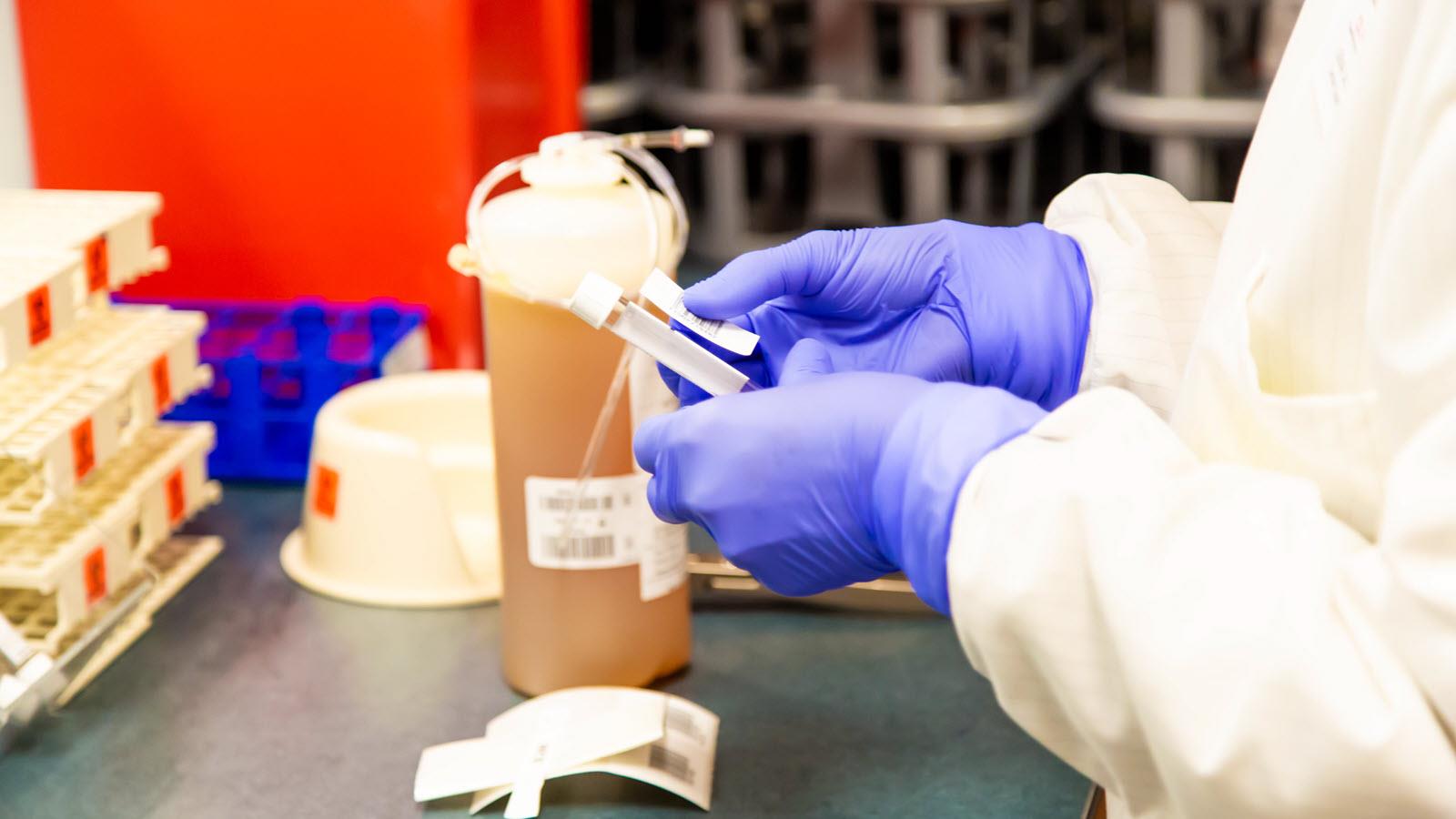Things to Be Considered Before Buying Dental Products Online
Surgical equipment and instruments involve a hefty investment for medical practitioners, in addition to ensuring they are buying the best quality. Before venturing out to shop for dental products, it is important to understand the requirements as the choice available is mind-boggling.
The supplier
The first step in this process is finding a supplier you can trust. The supplier must have:
• Experience in the industry
• An excellent knowledge of surgical instruments and equipment.
• A solid reputation and have the expertise to recommend products based on your needs.
If you plan to invest in high value surgical equipment ask the supplier for references to existing users so that you can interact with them to know more about it before you buy. Take into account the number of times you are likely to use it to justify its purchase and get the return on investment. For example, if you plan to invest in a digital X-ray scanner with 360 degree rotation, you probably treat a wide range of patients and perform skull view radiography regularly. If it is just routine dental radiography, you may want to go in for an intraoral unit, while digital units are better suited for instant analysis of endodontic treatment and implants.
Dental equipment can come with a number of features that may be of no use to you. It takes careful planning and research to identify and buy the perfect tools for your practice based on your own specialization and the needs of your patients.
Should you buy new or refurbished?
Besides new equipment, a number of suppliers also offer used, rebuilt or refurbished surgical equipment from reputed manufacturers. These are reliable and of assured quality, as they are professionally refurbished and calibrated where applicable to conform to the particular manufacturer’s original specifications by trained technicians.
Research the manufacturer to find out if there have been any product recalls in the past and how they were handled, as you do not want to put your patient’s safety in jeopardy.
Ease of use
Consider surgical instruments you are familiar with and comfortable using as this eliminates time involved in learning to use it. With certain equipment, manufacturers may have training and certification programs, so watch for those.
Certain surgical instruments are available as disposable units. Make a cost comparison to decide whether it is advantageous to stock disposables or whether sterilizing the reusable units is a better option.
While buying dental products online, it is also important to gauge the space available in your clinic so that equipment can be accommodated comfortably without cluttering.
Price comparison is a major activity with dental surgical instruments and equipment. Often, dentists opt for financing to invest in high value items and consider the repayment terms carefully before signing the agreement. A majority of suppliers arranges competitive financing to help you ease the process.
Dental clinics use an extensive range of products and equipment for various treatments and making the right choice is critical. As a busy dentist, you naturally want to choose innovative surgical instruments that are reliable, intuitive and easy to use, making your surgery experience more efficient, reducing patient trauma and improving your technique.


